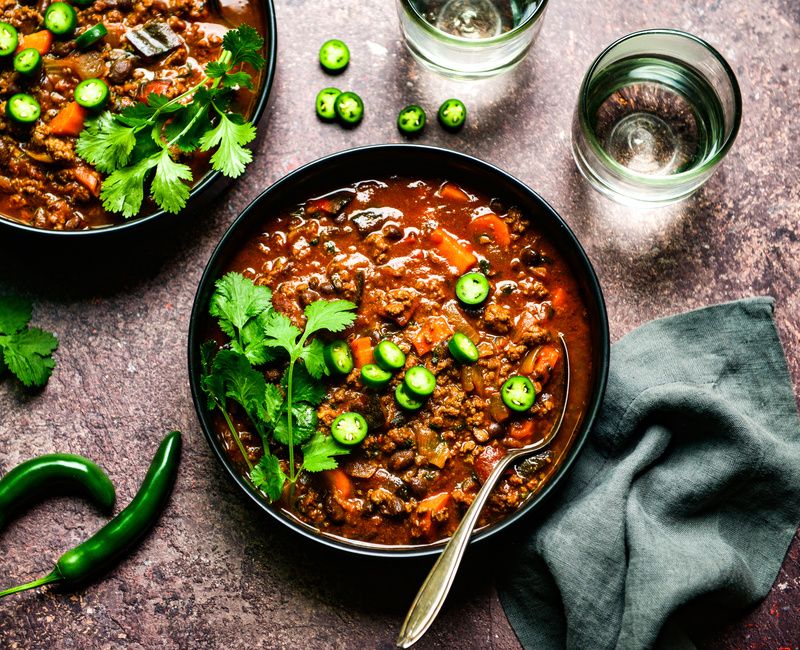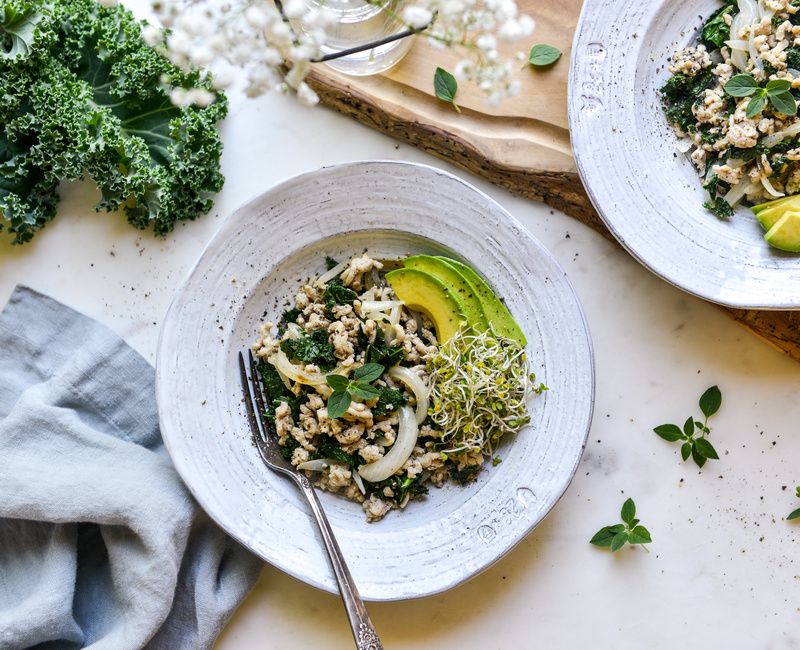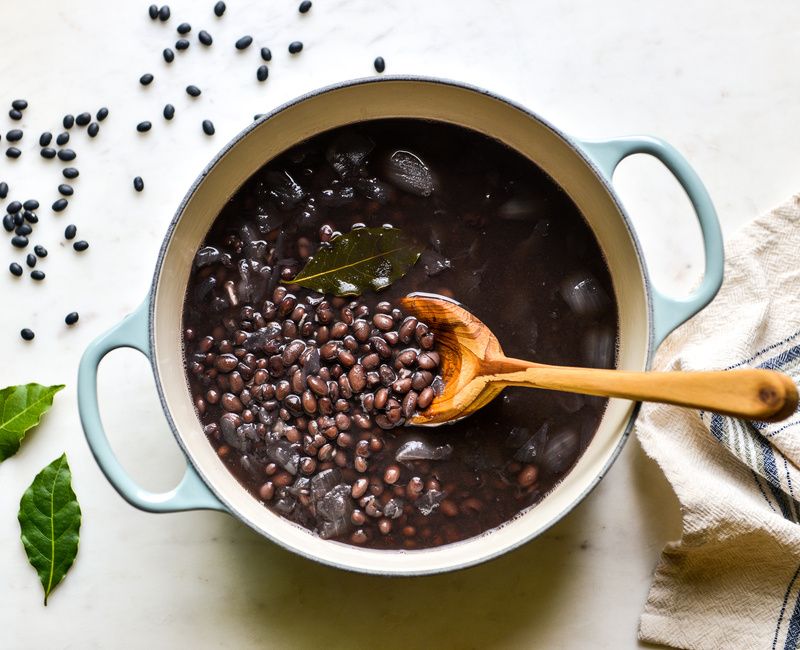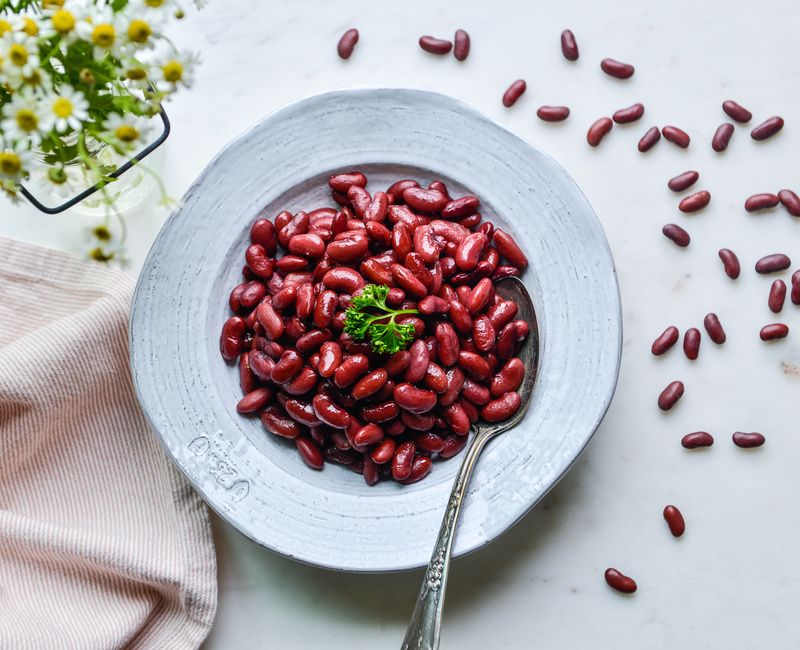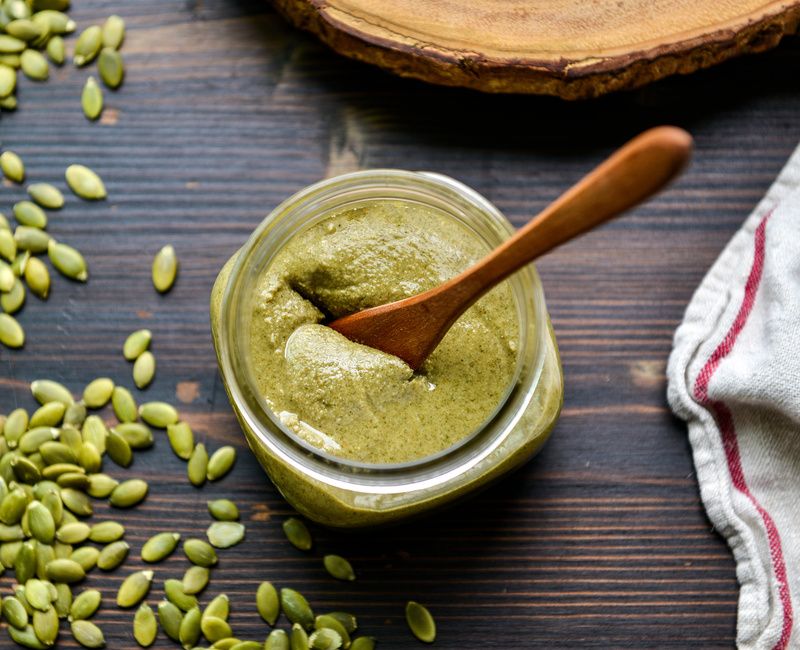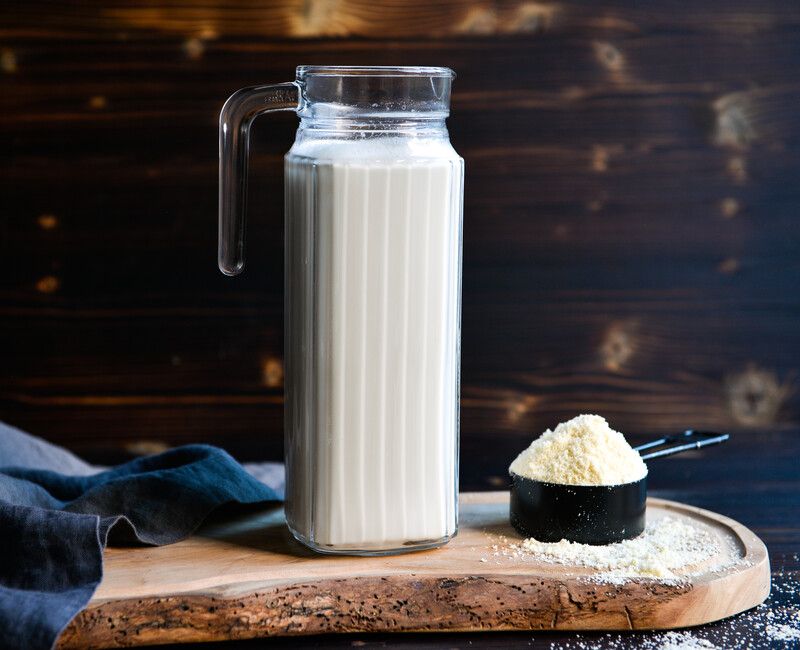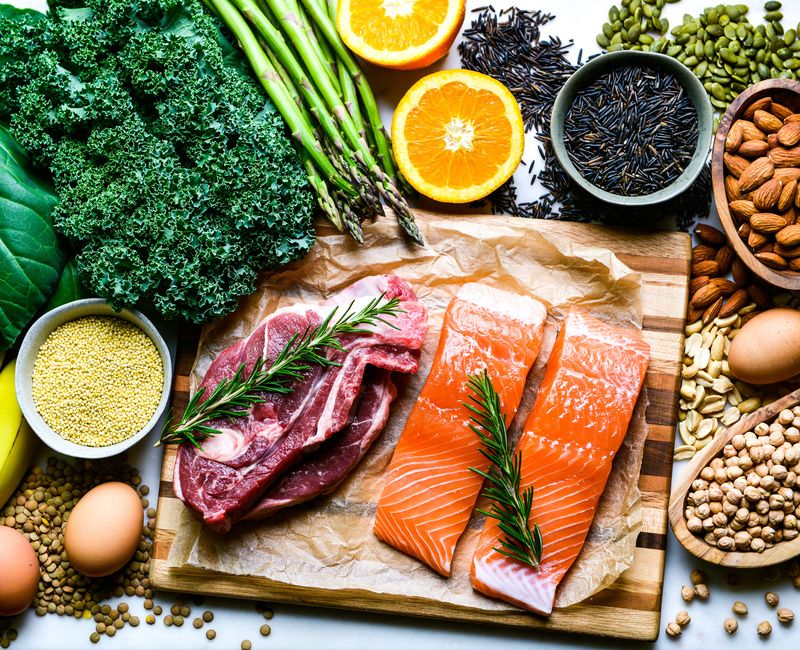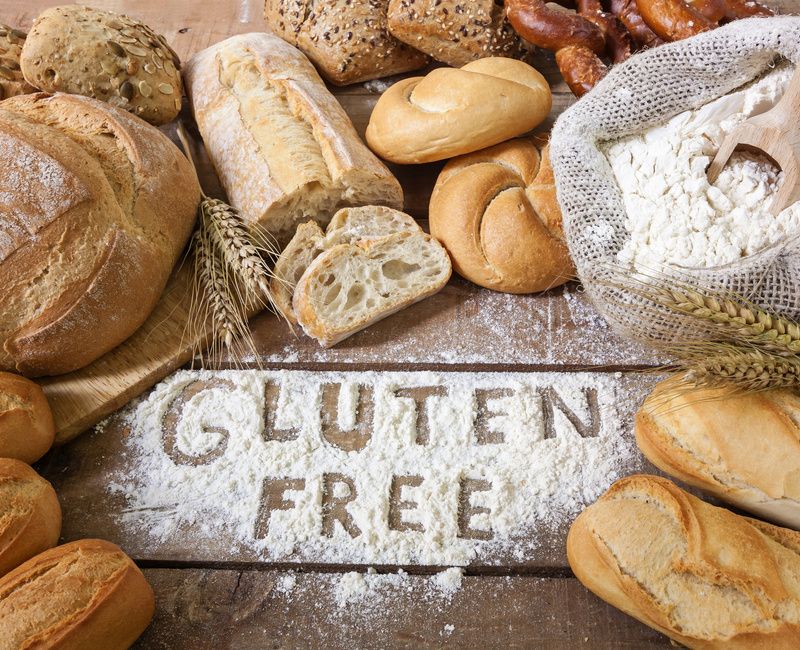Specific Carbohydrate Diet (SCD)
The Specific Carbohydrate Diet (SCD) is a therapeutic, gut-healing protocol first developed in the 1920s by Dr. Sidney Haas to treat Celiac disease. It was later popularized by biochemist Elaine Gottschall, whose daughter experienced profound healing from ulcerative colitis through this approach. Today, SCD is used to support individuals with a range of inflammatory bowel conditions, including Crohn’s disease, ulcerative colitis, diverticulitis, and chronic digestive distress. At the heart of this diet is a simple principle: only allow carbohydrates that are easy to absorb—monosaccharides—into the digestive tract, while avoiding complex carbohydrates that require robust enzymatic function. In individuals with gut damage, the enzymes that break down disaccharides and polysaccharides are often impaired. When these harder-to-digest carbs linger in the intestines, they become fuel for bacterial overgrowth, leading to gas, bloating, inflammation, and a cycle of worsening gut permeability. The SCD halts this process, offering the gut a reprieve from the inflammatory load and an opportunity to regenerate. With the right foods, time, and intention, many people find that this diet not only reduces symptoms but restores clarity, energy, and digestive resilience.

Latest Nightshade-Free Recipes
Specific Carbohydrate Diet (SCD) Safe with Modifications
What is the Specific Carbohydrate Diet?
The Specific Carbohydrate Diet (SCD) is a carefully designed, grain-free and low-sugar diet that focuses on allowing only simple carbohydrates—monosaccharides like glucose, fructose, and galactose—that can be directly absorbed through the intestinal lining without requiring enzymatic breakdown. By eliminating complex carbohydrates such as disaccharides (e.g., lactose, sucrose) and polysaccharides (e.g., starches), the SCD starves out non-beneficial microbes in the small intestine that would otherwise ferment these undigested carbs. This helps break the vicious cycle of dysbiosis, inflammation, and nutrient malabsorption that contributes to symptoms of irritable bowel diseases and other gut disorders.
In those with healthy digestion, complex carbohydrates can be nourishing. But in individuals with compromised gut function, even healthful foods can perpetuate symptoms. The SCD is a healing intervention meant to restore balance, ease inflammation, and provide a foundation for rebuilding a healthy intestinal environment.
Who is the Specific Carbohydrate Diet For?
The SCD may be beneficial for individuals experiencing:
-
Inflammatory bowel diseases (Crohn’s disease, ulcerative colitis)
-
Celiac disease (especially if symptoms persist despite a gluten-free diet)
-
Diverticulitis
-
Chronic diarrhea or constipation
-
Small intestinal bacterial overgrowth (SIBO)
-
Autism spectrum disorder (in children with digestive symptoms)
-
Food sensitivities driven by gut dysbiosis or leaky gut
Always consult with a healthcare provider before beginning a restrictive therapeutic diet, especially if you're managing a chronic condition.
How Does the Specific Carbohydrate Diet Work?
The SCD removes fermentable carbohydrates that fuel pathogenic bacteria and yeast, helping to restore microbial balance in the gut. The diet’s emphasis on monosaccharides ensures that carbohydrates are absorbed quickly and completely, without feeding overgrowths in the small intestine.
This approach works in several key ways:
-
Reduces fermentation and gas production in the small intestine
-
Calms inflammation by starving out non-beneficial bacteria and yeast
-
Supports repair of the intestinal lining, reducing permeability and leaky gut
-
Improves nutrient absorption, particularly of B vitamins, fat-soluble vitamins, iron, and magnesium
Many people experience a reduction in bloating, brain fog, skin issues, and systemic inflammation as gut function improves.
Foods to Eat on the Specific Carbohydrate Diet:
- Fruits: All fruits (except plantains), fresh or cooked
- Vegetables: All non-starchy vegetables (excluding potatoes, sweet potatoes, and turnips)
- Meats & Seafood: All meats and wild-caught seafood (avoid processed options with added sugars)
- Eggs
- Fats & Oils: Ghee, olive oil, coconut oil, avocado oil (avoid soybean oil)
- Nuts & Seeds: Macadamia nuts, walnuts, pecans, sunflower seeds, pumpkin seeds, pine nuts, and small amounts of almonds and peanuts
- Nut Flours & Nut Butters
- Fermented Dairy: 24-hour homemade yogurt, hard cheeses, and fully fermented sour cream
- Coconut Products: Milk or cream without thickeners (e.g., guar gum)
- Legumes: Soaked lentils and lima beans in small amounts
- Sweeteners: Small amounts of raw honey and pure stevia
Foods to Avoid on the Specific Carbohydrate Diet:
- All grains and grain flours (including rice, oats, wheat, corn, etc.)
- Starchy vegetables (potatoes, sweet potatoes, turnips, cassava, arrowroot, plantains)
- Most legumes (except lentils and lima beans as noted above)
- Chia seeds
- All dairy containing lactose (milk, cream, cream cheese, kefir, lightly fermented products)
- All sweeteners (except raw honey and stevia)
- All chocolate
- Soy products and soybean oil
- Processed meats with added sugars or fillers
Benefits of the Specific Carbohydrate Diet:
✓ Reduced digestive symptoms like gas, bloating, and diarrhea
✓ Decreased intestinal permeability ("leaky gut")
✓ Fewer food sensitivities and immune reactivity
✓ Enhanced nutrient absorption (B12, iron, fat-soluble vitamins)
✓ Improved mental clarity and energy
✓ Relief from systemic inflammation and joint pain
✓ Support for gut-brain balance and mood stability
As gut inflammation calms and microbial balance is restored, many people experience a renewed sense of vitality, increased resilience, and an empowered relationship with food.
How Do I Start the Specific Carbohydrate Diet?
-
Join Nourishing Meals®: Sign up for a Nourishing Meals® Membership to access hundreds of SCD-friendly recipes, meal plans, and grocery lists.
-
Begin with the SCD Intro Diet: For the first 3 to 5 days, focus on easily digested foods like homemade meat broths, well-cooked carrots, diluted apple cider, and fermented yogurt. This step helps reduce bacterial die-off reactions and gently prepares the gut for healing.
-
Build Your Kitchen Staples: Stock up on fresh fruits and vegetables, quality meats, nut flours, fermented dairy, and healthy fats. Avoid all packaged foods unless verified SCD-compliant.
-
Plan and Prep Meals: Use our customizable meal planner to add SCD meal plans, create shopping lists, and stay organized throughout your healing journey.
-
Support Detox and Die-Off: During early stages, symptoms like fatigue, brain fog, or mood shifts may appear as pathogenic microbes die off. Consider using an activated charcoal supplement, Epsom salt baths, or herbal binders to ease the transition.
-
Get Community Support: Join the Nourishing Meals® Community Facebook Group for guidance, encouragement, and connection. You're not alone—thousands of others are walking this healing path with you.
Your Invitation
Healing takes time, but your body is always working in your favor. By removing the foods that feed imbalance and offering your gut the nourishment it needs to repair, the SCD becomes more than a diet—it becomes a path back to harmony. With each soothing broth, each vibrant meal, you're choosing clarity over confusion, energy over exhaustion, and nourishment over depletion.
✨ Try Nourishing Meals® free for 7 days and discover how simple—and deeply healing—it can be to follow a therapeutic diet that supports your whole-body vitality.
| Plan | Length | Actions |
|---|---|---|
Nutrient-Dense SCD Lunches |
4 days | Please login to view and schedule plans |
Egg-Free SCD Breakfasts |
3 days | Please login to view and schedule plans |
Easy SCD Breakfasts |
7 days | Please login to view and schedule plans |
SCD Family Dinners |
9 days | Please login to view and schedule plans |











